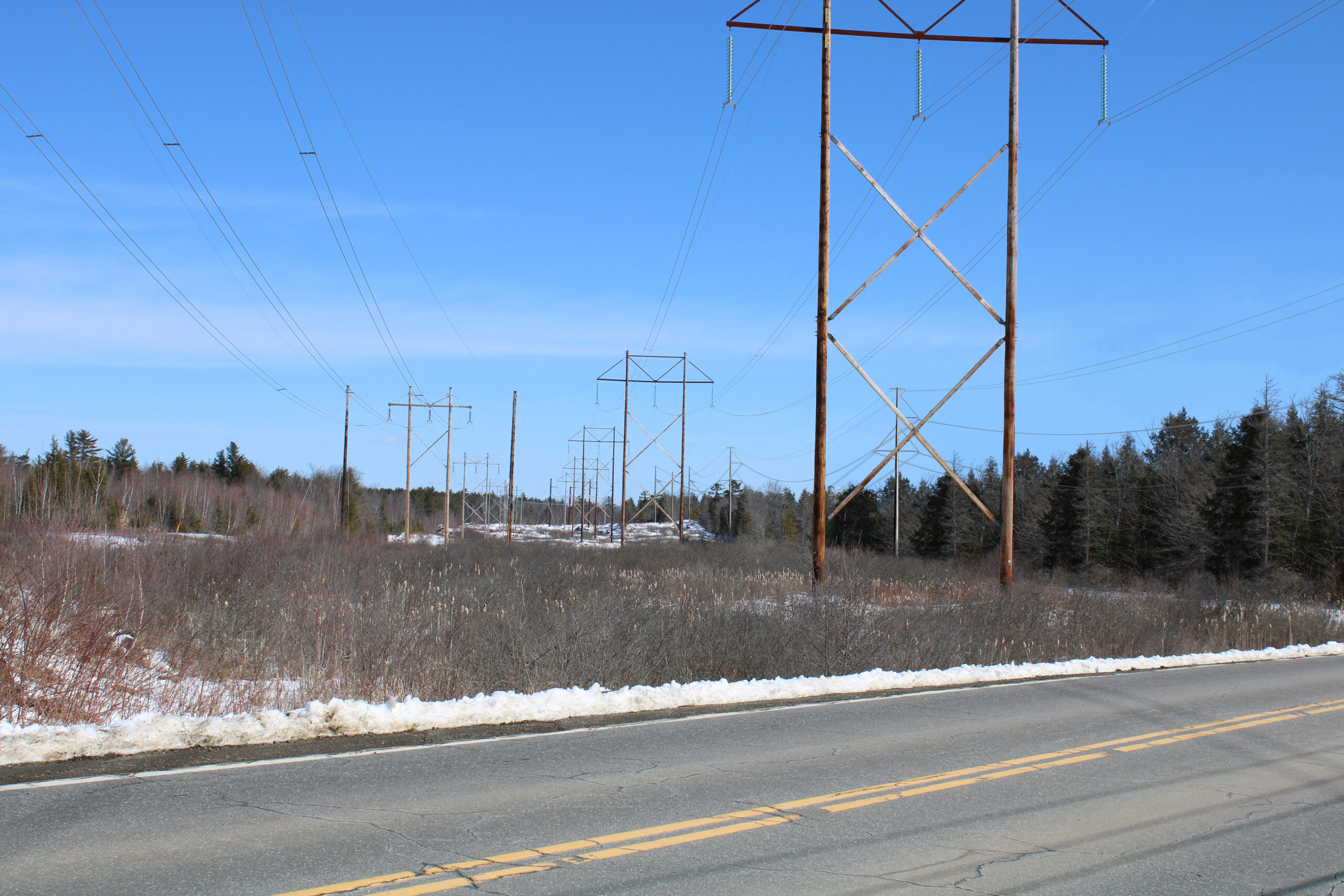
New York-based LS Power’s contract negotiations with the state over a 345-kilovolt transmission line connecting a wind turbine project in Aroostook County to the New England power grid have stalled despite months of discussions and negotiations, according to regulators.
Significant differences among various parties — Maine Public Utilities Commission staff, LS Power, Versant Power, Central Maine Power, the Massachusetts Department of Energy Resources and the Massachusetts Office of the Attorney General — have not been resolved, and they have been unable to submit a final agreement to the commission for approval.
In an effort to break the impasse, the utilities commission’s staff drafted an agreement with their recommendations. The parties now have the opportunity to comment. The commissioners will determine next steps for the transmission service agreement — the contract for power transmission — after the final comment filing deadline on Friday, Dec.1, said Susan Faloon, spokesperson for the commission.
The agreement is currently confidential, she said.
“The commission will review those documents as well as responses and staff recommendations on that project and they do expect to deliberate on that likely by the end of the year,” Faloon said.
In February, the utilities commission selected New York-based LS Power and Long Road Energy’s King Pine Wind Project for the Aroostook Renewable Gateway. The commission’s decision to proceed came after Massachusetts agreed to pay for 40 percent of the project.
At the time, the commission directed its staff to work with LS Power, Longroad Energy, Central Maine Power, Versant Power and the state of Massachusetts on a transmission service agreement and a power purchase agreement to implement the program.
But in an October letter to LS Power, the commission staff said these agreements had not been finalized or filed for commission approval, citing significant differences both among the parties and within the commission about key terms of the transmission service agreement.
The inability to come to an agreement is not for a lack of trying, LS Power Vice President Doug Mulvey said Monday.
“But we have come to a place where we feel we need the higher powers that be to determine the process. This is an extremely complex project, and so the contract is extremely complex. This is the first time this type of agreement has been done in Maine,” Mulvey said. “It’s a very dense legal document with very important terms and positions lawyers have been debating for months.”
LS Power filed its responses and justifications regarding the draft agreement on Nov. 10, and Versant and CMP have until Dec. 1 to respond, according to the utilities commission.
This is unusual, Mulvey said.
“In most jurisdictions we are familiar with what the contracts look like, we’ve done them before, and generally it is a fairly quick process,” he said. “The uniqueness here in Maine is that it’s the first type of contract like this and the involvement of two states in the contract.”
Earlier this year, LS Power met with more than 700 Mainers and talked to hundreds by phone and through social media about proposed transmission routes, which stirred a public outcry among farmers and landowners along the transmission route.
Mulvey said LS Power has come up with alternative routes to present to the public since those public meetings, but it has paused that effort until the contract negotiations can catch up.
If everything goes well with the commissioners’ decision, Mulvey hopes to revisit the public meetings early next year to let landowners comment on alternate routes.
“We will continue to find other alternative routes and continue to work with the state to come up with the best routes possible,” he said.







